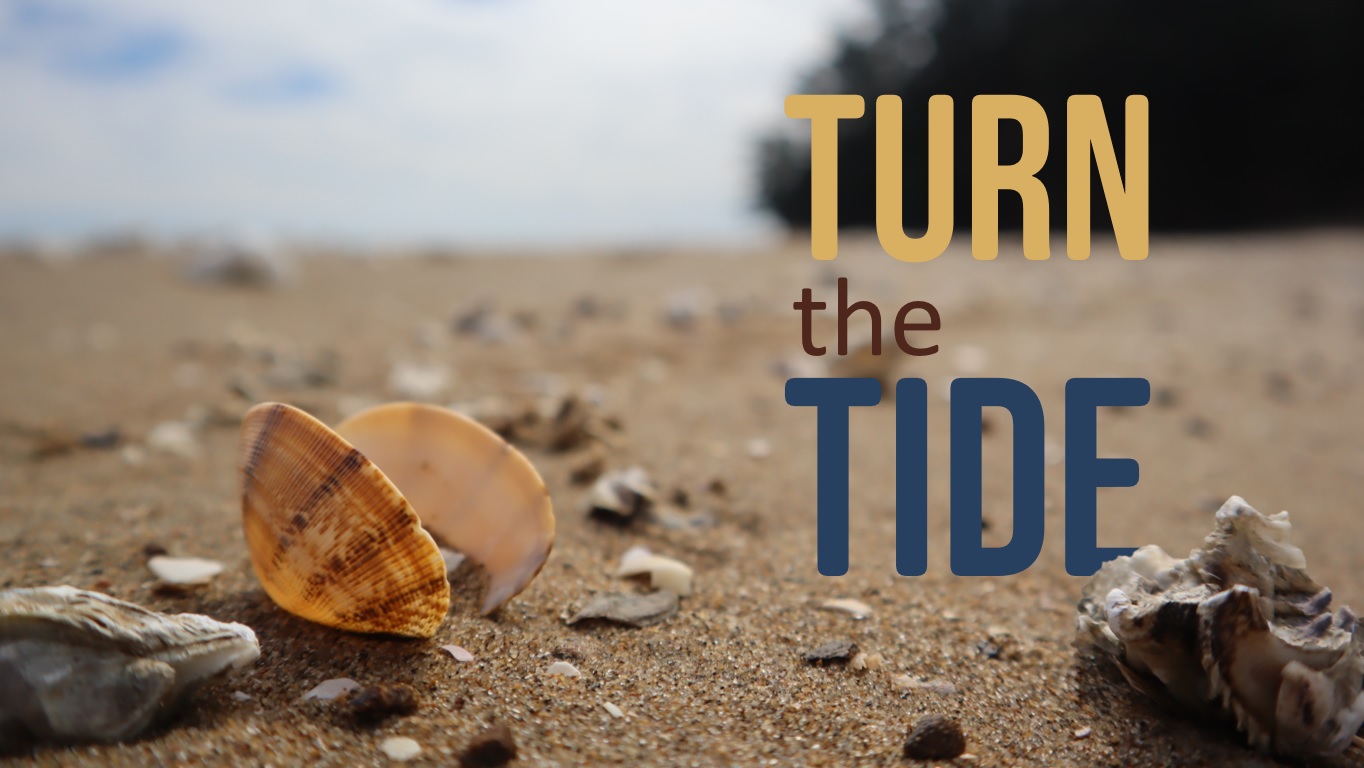The Tides are Turning
TIDE: The movement of water due to the gravity of the moon.
Today, I walked to an island! You might be wondering how that is possible, but there are a few places in Korea where you can do this. I went to Ssang-do island (쌍도) by Biin beach. When the tide goes out, a path to the island is revealed. The path is called a land bridge or causeway. Perhaps the most famous is the land bridge connecting Jindo and Modo islands. I guess there is a story of an elderly woman praying for the land bridge after tigers attacked Jindo island. I would love to hear from any Koreans if they can confirm the story.
Tides are extremely powerful forces of nature. With about 3,000 gigawatts of stored energy, it is a renewable energy source with some potential. The largest tidal power station in the world was built in Korea in 2010. It is called the Sihwa Tidal Power Plant and it contributes 552.7 GWh to Korea’s power grid.
When we say that the tide is going out, the water level is dropping. Likewise, when the water level is rising, we say that the tide is coming in. The change in direction is called turning the tide. The idiom, turning the tide, means that a major change is happening. Just like real tides, the metaphoric tides are changing direction. This phrase is usually used to talk about a positive change.
Example: I have been suffering for months, but with this new medicine, the tides are turning.
When you use this phrase think about the real tides and how powerful they are. Turning the tides should only be used to talk about major changes. Also, tides change slowly. So, when the tides are turning in your life, you need to be patient. It is a slow, but powerful change.
See Also: Milestone, Wolves Change Rivers, Roll with the Punches
For more English phrases and quotes, follow me on Facebook:
https://www.facebook.com/ESL-ToyBox-112152010890485
Reference:
https://www.atlasobscura.com/places/jindo-modo-landbridge
https://www.britannica.com/science/tidal-power
https://www.kwater.or.kr/eng/busi/project03Page.do?s_mid=1192


